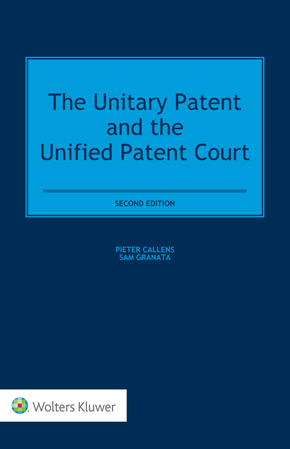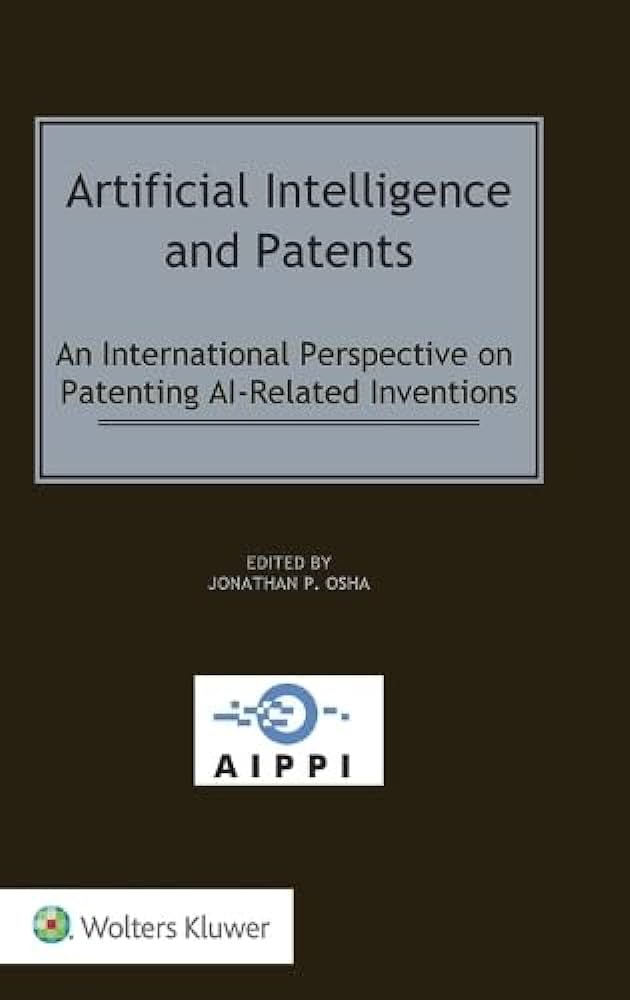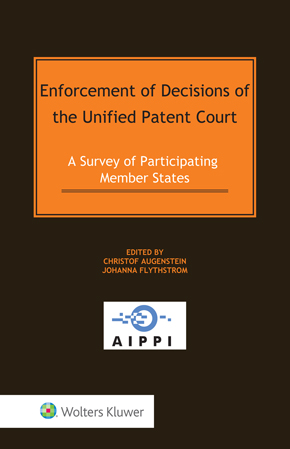On 19 December 2023, the Court of Appeal handed down its decision in The NOCO Company v Shenzhen Carku Technology Co., Ltd [2023] EWCA Civ 1502. The issue on appeal was whether communications between The NOCO Company (“NOCO”) and Amazon amounted to a “threat of infringement proceedings” for the purpose of s. 70 Patents Act 1977.
As reported previously in this blog (see here), Mr Justice Meade held at first instance that NOCO’s communications did amount to a threat. Mr Justice Meade also held that NOCO’s patent, GB 2 257 858, was invalid for obviousness. The Judge’s conclusions on validity were not appealed.
Background
The parties are rival manufacturers of lithium-ion batteries for jump-starting vehicles. Carku supplies products to distributors, who market the products via Amazon. NOCO has a first party relationship with Amazon, meaning that Amazon buys products directly from NOCO to sell on Amazon’s own account.
NOCO made a number of complaints via Amazon’s “Infringement Form” in respect of certain Carku products, providing (among other information) the following:
- The type of intellectual property right (i.e. “patent infringement”); and
- The infringing Amazon Standard Identification Number (“ASIN”), which could be used to identify distributors.
The Infringement Form also contained an “Additional Information” box. In the majority of its complaints, NOCO filled in this box in the following form:
“These ASINs infringe on our utility patent, number GB2527858. Please remove these ASINs” or
“The registration for our utility patent is GB2527858.2. Please remove these ASINs”.
Further, on 3 February 2020 a representative of NOCO sent an email to NOCO’s designated contact at Amazon stating that NOCO “do continue to file lawsuits against companies that infringe on our safety patent”. NOCO made no direct approach to Carku.
As a result of the notifications made by NOCO, Amazon notified Carku’s distributors that it had removed some of Carku’s products from sale.
Relevant Law
The key provisions relating to unjustified threats are set out in ss. 70-70B of the Patents Act 1977. These were summarised by Lord Justice Lewison as follows:
- The recipient of the communication must understand that the person intends to bring infringement proceedings against another person, who need not be the recipient of the communication;
- A threat is not actionable if made to a primary infringer or if it alleges an act of primary infringement;
- Proceedings may be brought by any person aggrieved by the threat, not just the recipient or the person against whom the threat is made; and
- A threat is not actionable if it is not an express threat and is contained in a permitted communication. Any communication that requests a person to cease doing, for commercial purposes, anything in relation to a product is not a permitted communication.
The Court also restated the principle established in Best Buy Co Inc v Worldwide Sales Corporation Espaňa SL [2011] EWCA Civ 618, that the recipient’s understanding of the communication should be assessed from the perspective of a reasonable person, with knowledge of the circumstances at the date of the communication. The recipient’s actual understanding is not directly relevant.
Finally, the Court considered the interim decision of Pumfrey J in Quads 4 Kids v Campbell [2006] EWHC 2482 (Ch), which concerned eBay’s Verified Rights Owner (“VeRO”) programme. In this case, the complainant did no more than fill in the VeRO form, stating that it was the IP owner (or its agent), that it believed in good faith that the identified listings offered items which were not authorised by the IP owner or which were infringing the IP owner’s rights, and that it believed this declaration to be true and in accordance with English law. Crucially, the VeRO form did not ask eBay to take any action in response to the submission.
Decision of the Court of Appeal
NOCO’s Infringement Form notifications included an assertion of infringement and a request for removal of the products from sale. Applying the principles set out above, the Court concluded that the reasonable person would understand the explicit allegation of patent infringement combined with a request for removal of the listing to be at least an implicit threat that, if the request is not complied with, the complainant will bring proceedings for patent infringement.
Further, the Court considered it implicit in the drafting of s.70B(4)(a) that a request to a potential secondary infringer, i.e. to Amazon, to delist or stop selling would amount to a threat. NOCO’s communications via the Infringement Form therefore amounted to an unjustified threat, without the need to consider a further email communication.
Counsel for Carku argued that, if these conclusions were true, any use of Amazon’s Infringement Form would amount to a threat. However, Lewison LJ reiterated that it was the provision of the additional information by NOCO which caused the communications in this instance to amount to a threat. The Infringement Form itself only invites the provision of neutral information.
Finally, counsel for Carku argued that Amazon would not have contemplated that it would be a defendant to the threatened infringement proceedings. Regardless, the Court did not consider this to be relevant. It is sufficient for a reasonable person in the position of the recipient to understand that the patentee intends to bring infringement proceeding against “another person”, not necessarily against the recipient of the communication. Carku’s appeal was therefore dismissed and the decision of Meade J upheld.
Comment
This decision is the first time the Court of Appeal has directly ruled on unjustified threats provisions in the context of Amazon’s IPR policy. It is now clear to rights-holders that in certain circumstances, a notification via Amazon’s Infringement Form will be considered a threat. Whereas the provision of neutral information only, such as the ASIN and type of intellectual property right, will not be sufficient, the inclusion of a request to delist risks pushing the communication into unjustified threats territory.
Rights-holders may view Amazon’s Infringement Form as a more informal method of complaint than a direct approach to the primary infringer. However, it is important that parties exercise caution when completing these forms to avoid inadvertently making an unjustified threat.
A copy of the decision can be found here
More from our authors:

|
Vissers Annotated European Patent Convention 2024 Edition by Kaisa Suominen, Nina Ferara, Peter de Lange, Andrew Rudge € 105 |

|
The Unitary Patent and the Unified Patent Court, Second Edition by Pieter Callens & Sam Granata € 176 |

|
Artificial Intelligence and Patents: An International Perspective on Patenting AI-Related Inventions by Jonathan P. Osha € 174 |

|
Enforcement of Decisions of the Unified Patent Court: A Survey of Participating Member States by Christof Augenstein and Johanna Flythstrom € 123 |